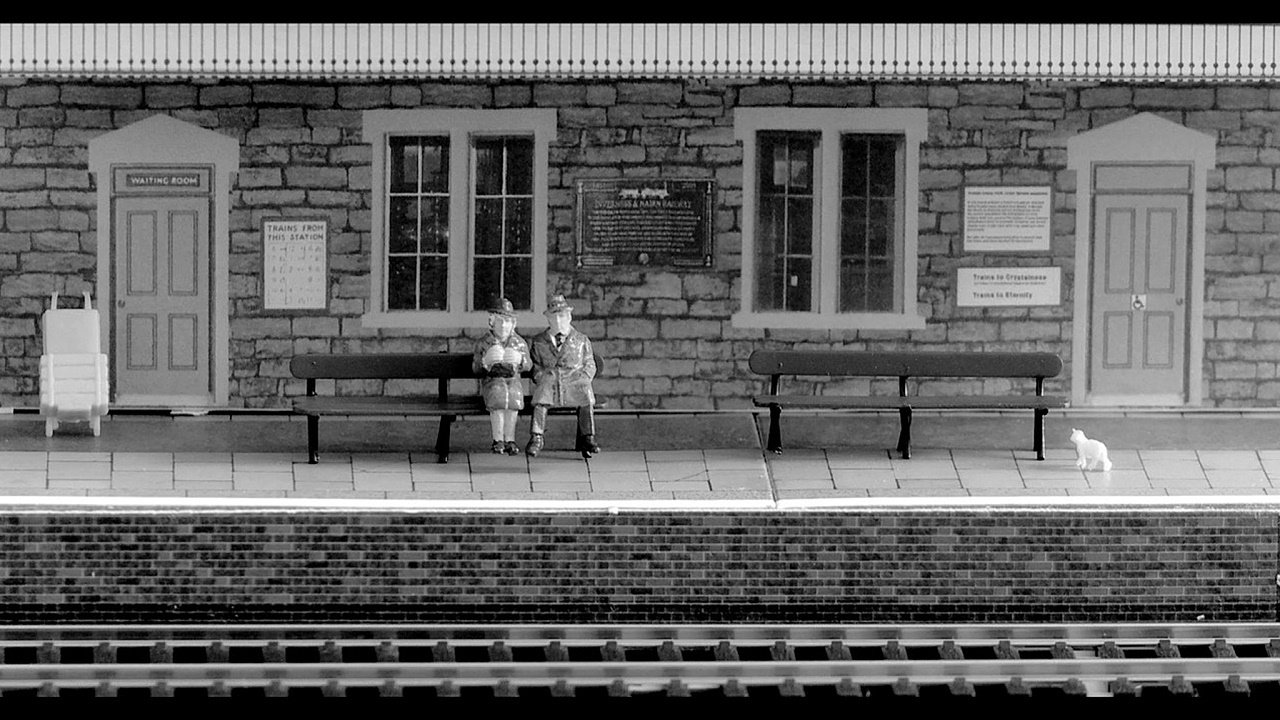
Coombs (2017)
Routine Pleasures, Slow Cinema.

Routine Pleasures, Slow Cinema.
The film begins with the First World War and ends in 1945. Without exception, recordings from this period were used, which came from weekly news reports from different countries. Previously unpublished scenes about the private life of Adolf Hitler and Eva Braun were also shown for the first time. The film was originally built into a frame story. The Off Commentary begins with the words: "This film [...] is a document of delusion that on the way to power tore an entire people and a whole world into disaster. This film portrays the suffering of a generation that only ended five to twelve. " The film premiered in Cologne on November 20, 1953, but was immediately banned by Federal Interior Minister Gerhard Schröder in agreement with the interior ministers of the federal states of the Federal Republic of Germany.
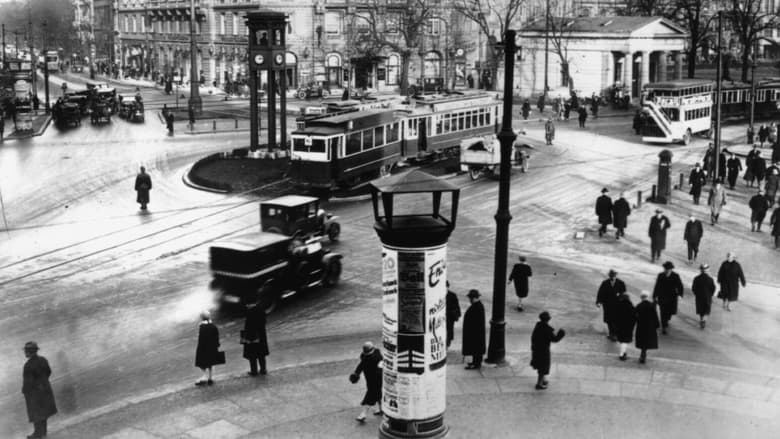
A day in the city of Berlin, which experienced an industrial boom in the 1920s, and still provides an insight into the living and working conditions at that time. Germany had just recovered a little from the worst consequences of the First World War, the great economic crisis was still a few years away and Hitler was not yet an issue at the time.
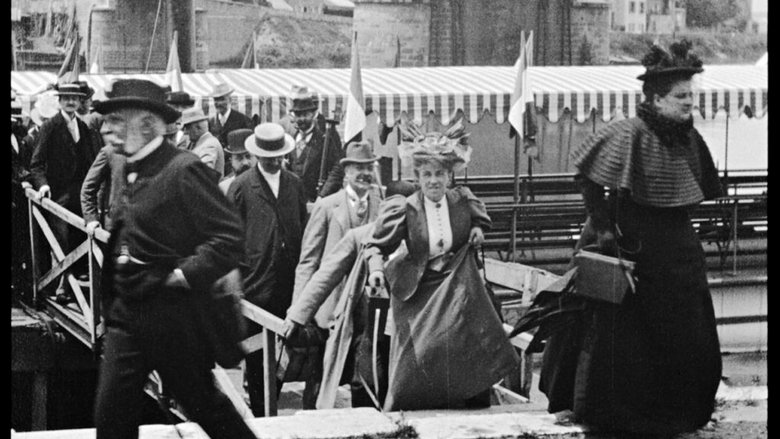
Down the gangway, photographers leave the deck of a riverboat in large numbers.
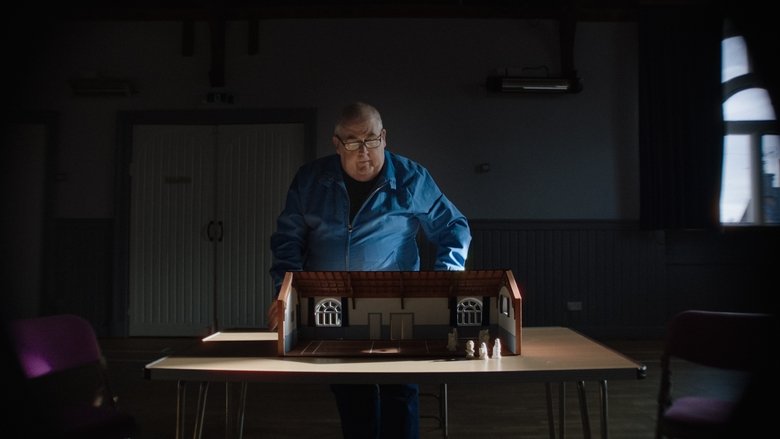
In a quaint Scottish village in the Highlands, contenders from around the globe gather to compete for the title of World Porridge Champion armed only with oats, salt and water. As the ailing Porridge Chieftain's tenure ends, he embarks on a mission to find a successor. Amidst intense rivalries and the charm of eccentric locals, this documentary delves into the legacy of the village and unveils a captivating culinary spectacle.
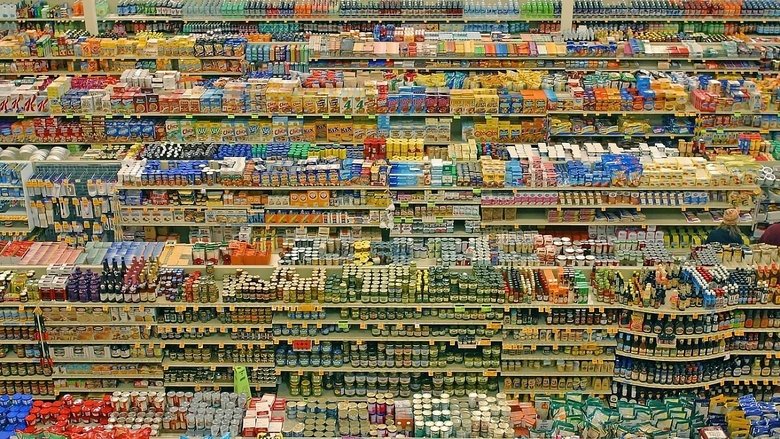
Takes us to locations all around the US and shows us the heavy toll that modern technology is having on humans and the earth. The visual tone poem contains neither dialogue nor a vocalized narration: its tone is set by the juxtaposition of images and the exceptional music by Philip Glass.
Shows masked mental patients enacting various schizophrenic symptoms as they were understood at the time. A disturbing film that raises questions about the condition and treatment of its subjects. (archive.org) “Abstract: This film describes and demonstrates four types of schizophrenia. Filmed at various New York institutions, it shows patients singly and grouped in large, outside recreational areas. Some patients are blindfolded. Symptoms shown include: social apathy, delusions, hallucinations, hebephrenic reactions, cerea flexibilitas, rigidity, motor stereotypes, posturing, and echopraxia.” (Guide to Mental Health Motion Pictures)
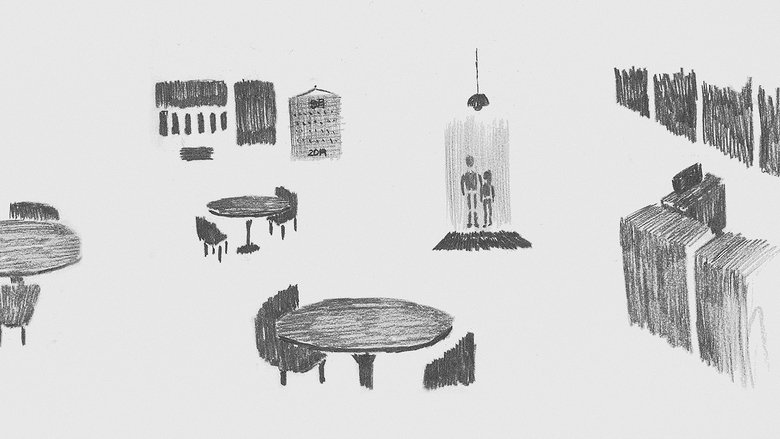
In her attempt to escape her past, Huiju relocated to the UK over 11 months ago. However, even after moving to a new country, she found that her nightmares from Korea continued to haunt her. Determined to move forward, she made the decision to confront her memories head-on in a very contemporary way, using dating apps to push the boundaries she had set due to her sexual trauma.
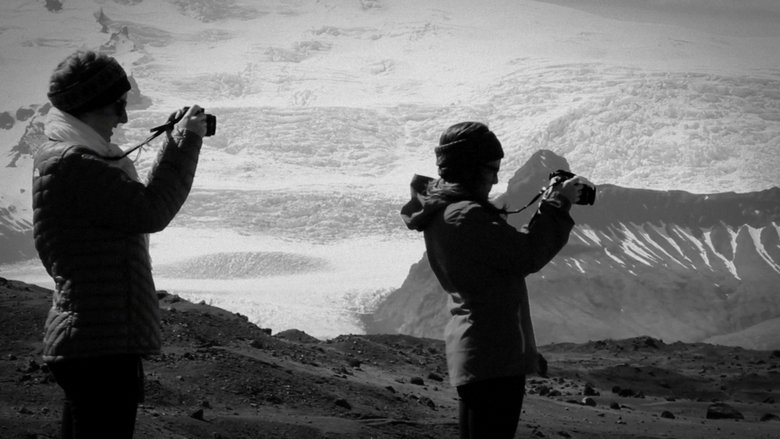
Plague: From the Latin word “plaga” meaning 'blow', 'wound'. Meaning: Massive, sudden appearance of living beings of the same species that cause serious damage to animal or plant populations. Abundance of something harmful.
A dog trains for the battlefield and becomes a crucial part of the United States military. This 1945 short documentary film was nominated for an Oscar for Best Live Action Short, One-Reel.
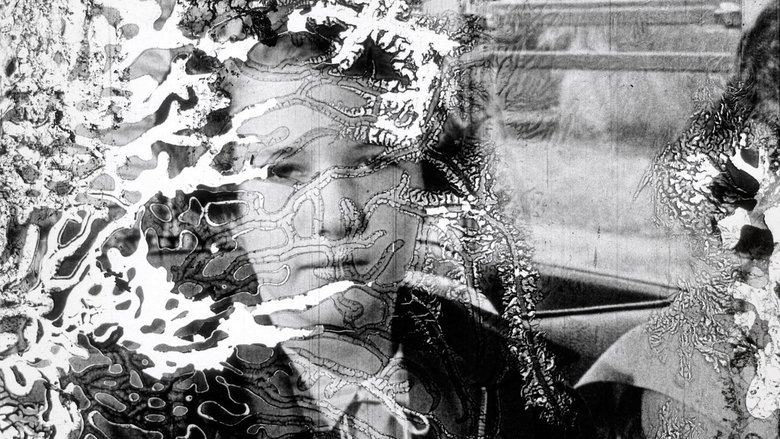
A meditation on the human quest to transcend physicality, constructed from decaying archival footage and set to an original symphonic score.
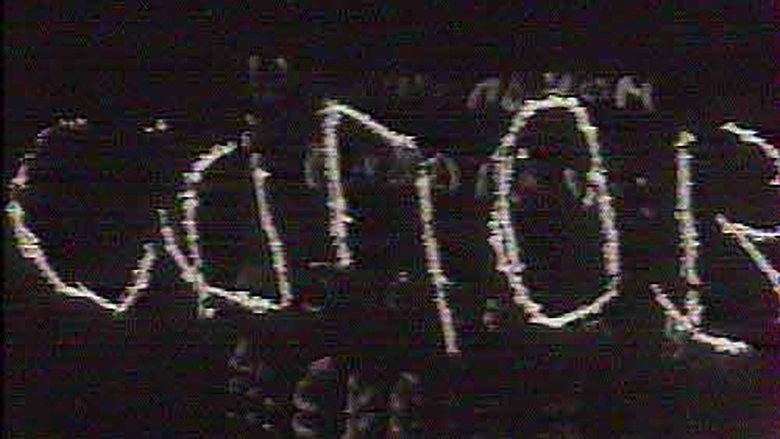
Several fragments of one day in Leningrad in the autumn of 1989, refracted in the imagination of the artist.
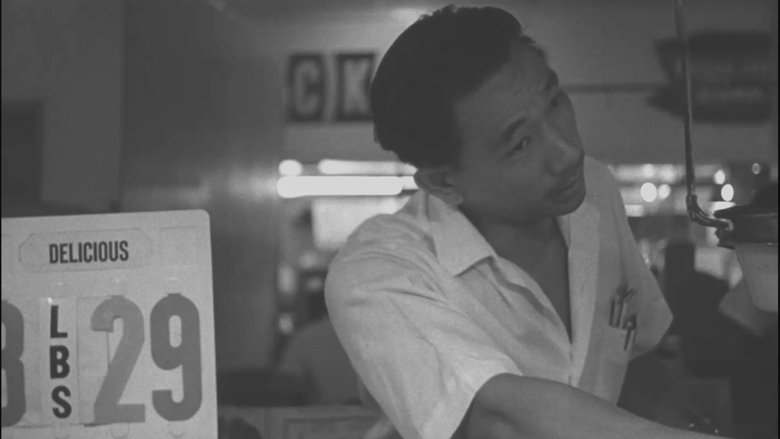
This film portrays activity in Grand Central Market in Los Angeles, California. Highlighted are vendors that represent the melting pot that is America, selling their wares to people of all ages and all walks of life. The film was directed by William Hale. Notably, the film also showcases some early work of famous cinematographer, Haskell Wexler.
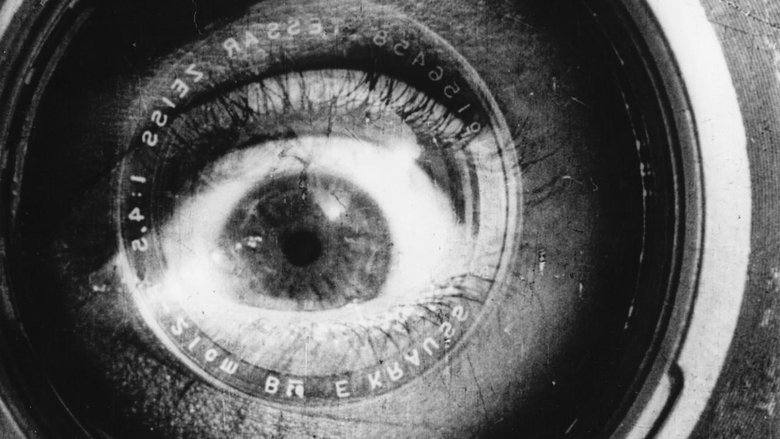
A cameraman wanders around with a camera slung over his shoulder, documenting urban life with dazzling inventiveness.
The banned and unseen Harvest and Seed is a sardonic look at the conditions of a poverty-stricken Iranian village after the so-called agrarian reforms of the early 1960s, which amounted to a corrupt land grab rather than an equitable redistribution of wealth. This film recorded in village in south of fars, Shiraz, Esmaeel abad
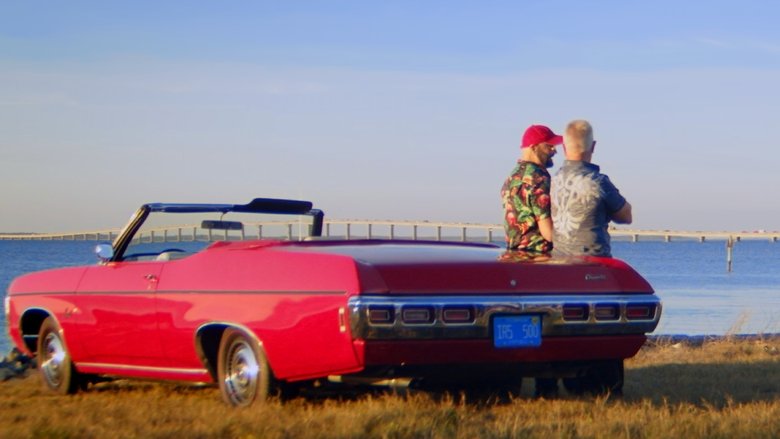
The story of five lesbian and gay seniors in the Northwest Florida region as they navigate coming out, identity, politics, and the challenges and victories inherent in the gay experience. The film weaves together interviews with fictionalized interludes of magical realism that capture their feelings and experiences.
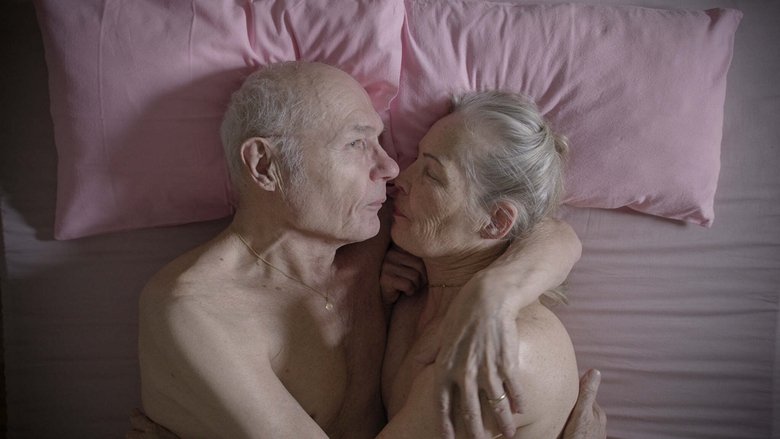
Documentary film about love, relationships and sexuality of elderly men and women. Five couples show how intimacy is still strong even though age and body has changed.
Affectionate portrait of Timothy "Speed" Levitch, a tour guide for Manhattan's Gray Line double-decker buses.
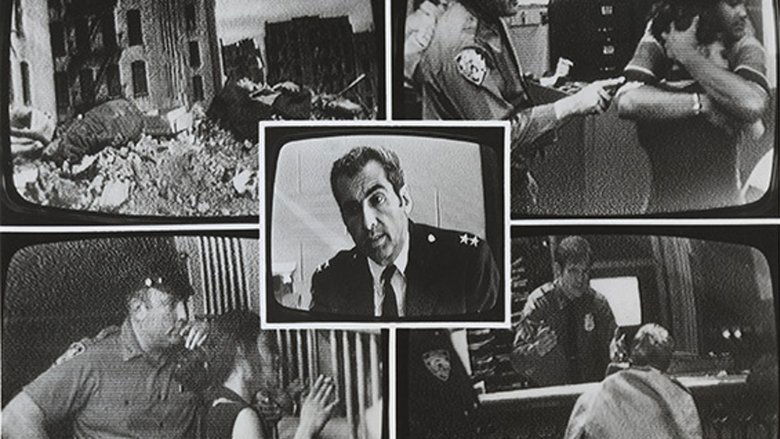
Filmmakers Alan and Susan Raymond spent three months in 1976 riding along with patrol officers in the 44th Precinct of the South Bronx, which had the highest crime rate in New York City at that time.